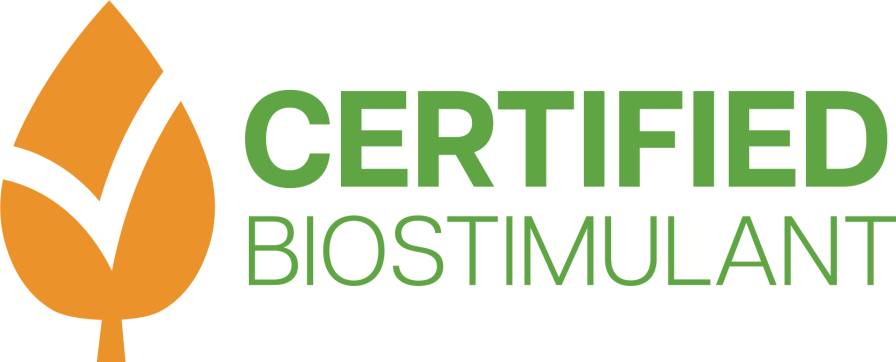Just ‘Okay’ Isn’t Good Enough With Dicamba Cropping Systems
Thus far, crop protection product experts have a very simple message for custom applicators who plan to use the new dicamba herbicides in their operations for 2017 – follow the label, or else!
“The label is the law,” said Mark Hanna of Iowa State University, instructing custom applicators on the proper use of BASF’s new Engenia herbicide (dicamba) during the recent Ohio AgriBusiness Association (OABA) annual meeting in Dublin, OH. “Maybe nobody’s looking right at the moment, but if you get called out after doing an Engenia application, you need to know that you did everything by the label.”
In essence, this was virtually the same message as delivered to attendees of the annual Illinois Fertilizer & Chemical Association held last month in Peoria, IL. Still, some attendees of the OABA On-Target Spray Academy seemed to be wanting to know if “corners could be cut,” so to speak, when applying the new dicamba formulations in their grower-customers crop fields. This prompted a rather direct warning from the appropriately named Chris Weed of KOVA of Ohio, Chairman of the OABA Custom Application Task Force, who was serving as moderator of the academy session.
“I’ve been in this profession for over 20 years, and many times I’ve seen the attitude that what we’ve done will be okay,” said Weed. “If you do that with this technology, we won’t keep it. We need to do better with this than we did with glyphosate. Let’s be better stewards at this and follow the label exactly. If you decide to add a product to the mix, it better be approved for use on the label. If it’s not on the list and you decide to add it anyway, you have violated that label.”
The consequences for this happening, Weed warned, could be severe – especially considering that the EPA has only approved the new dicamba herbicides through November 2018 before re-evaluating their market use. “We’ve operated way too many years with the attitude ‘hey, it’s going to be okay; don’t worry about it,’ and we’ve largely gotten away with it. But not with this. If we don’t use this product by the label, this technology will be taken away from us. And right now, there isn’t really anything else in the pipeline to replace it.”






